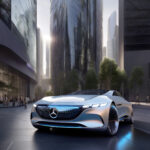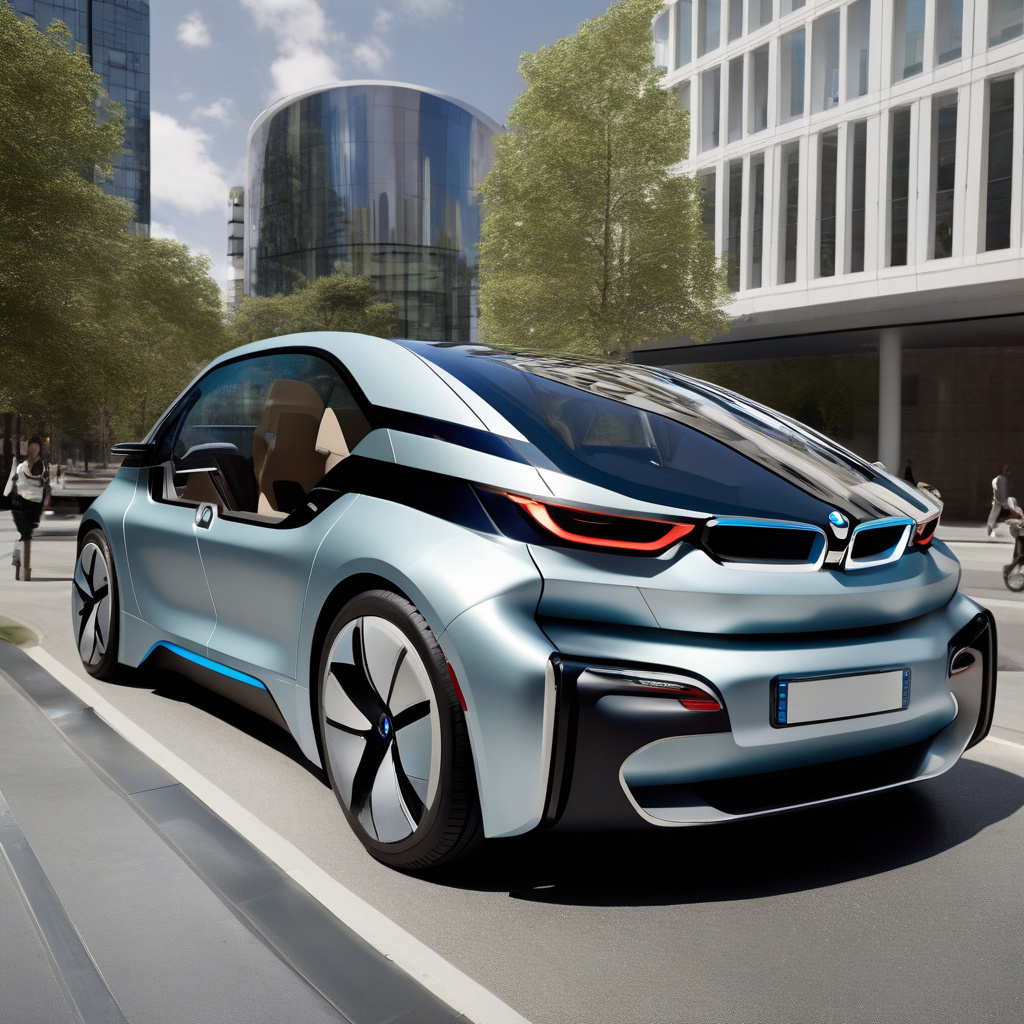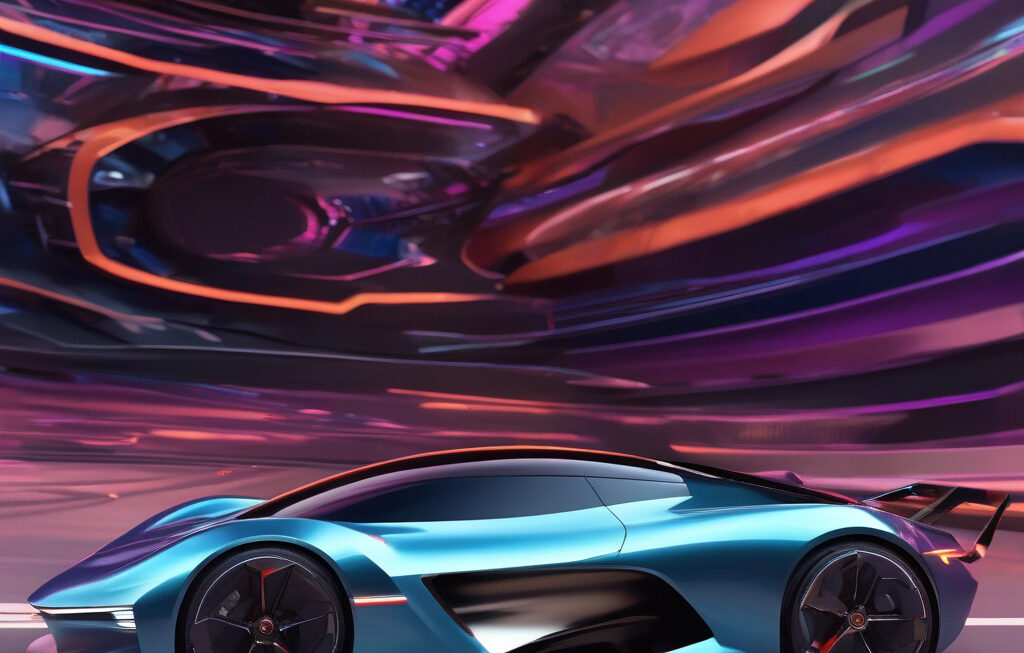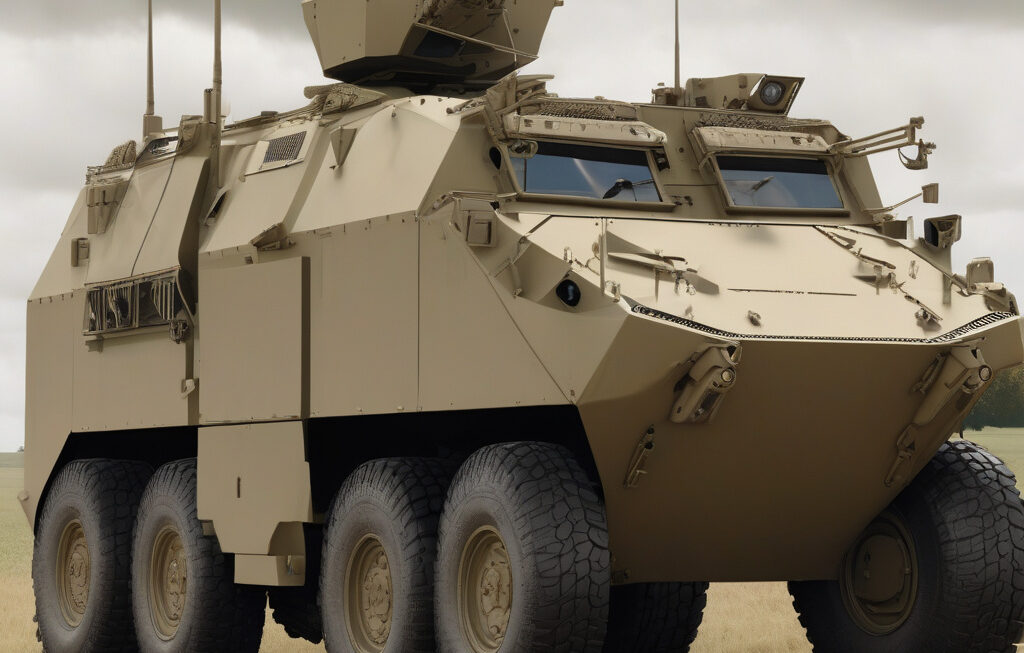BMW’s New EV to Rival Tesla Model 3 with Extended Range and Fast Charging
BMW is taking a bold step with its next-generation i3, transforming it from the quirky urban runabout into a long-range electric vehicle that aims to compete directly with Tesla’s popular Model 3. The German automaker has made significant strides in enhancing the i3’s capabilities, particularly in terms of range and charging speed, to address some of the key pain points that have traditionally held back electric vehicles from achieving mainstream adoption.
One of the most notable improvements in the new BMW i3 is its extended range. While the current model offers a respectable range of around 153 miles on a single charge, the next-generation i3 is expected to surpass the 250-mile mark, putting it in direct competition with the Tesla Model 3, which offers a range of up to 322 miles. This significant increase in range is likely to alleviate range anxiety, a common concern among potential EV buyers, and make the i3 a more viable option for those looking to switch to electric.
In addition to extending the i3’s range, BMW has also focused on enhancing the vehicle’s charging capabilities. The new i3 will come equipped with the latest fast-charging technology, allowing drivers to recharge the battery to 80% capacity in just 30 minutes. This is a major improvement over the current model, which can take significantly longer to charge, especially using standard home outlets. The fast-charging feature not only makes the i3 more convenient for daily use but also addresses another common hurdle for widespread EV adoption.
BMW’s decision to upgrade the i3’s range and charging speed reflects the company’s commitment to staying competitive in the rapidly evolving electric vehicle market. With Tesla setting the benchmark for performance and range in the EV segment, traditional automakers like BMW are under pressure to innovate and deliver compelling electric offerings that can sway consumers away from internal combustion engine vehicles.
Moreover, BMW’s strategic move to position the new i3 as a direct competitor to the Tesla Model 3 is a bold but calculated decision. The Model 3 has been a game-changer in the EV market, offering impressive range, performance, and a rapidly expanding charging infrastructure through Tesla’s Supercharger network. By targeting the same segment as the Model 3, BMW is signaling its intention to capture a larger share of the growing market for electric vehicles and appeal to tech-savvy consumers looking for sustainable mobility solutions.
In conclusion, BMW’s upcoming i3 represents a significant leap forward in the company’s electric vehicle strategy, with a focus on addressing key barriers to EV adoption such as range anxiety and charging convenience. By enhancing the i3’s range and charging capabilities to rival the Tesla Model 3, BMW is positioning itself as a formidable player in the competitive EV market, where innovation and performance are paramount. As electric vehicles continue to gain traction globally, BMW’s commitment to electrification is a strategic move that could pay dividends in the future.
BMW, EV, Tesla, Model 3, Electric Vehicles












